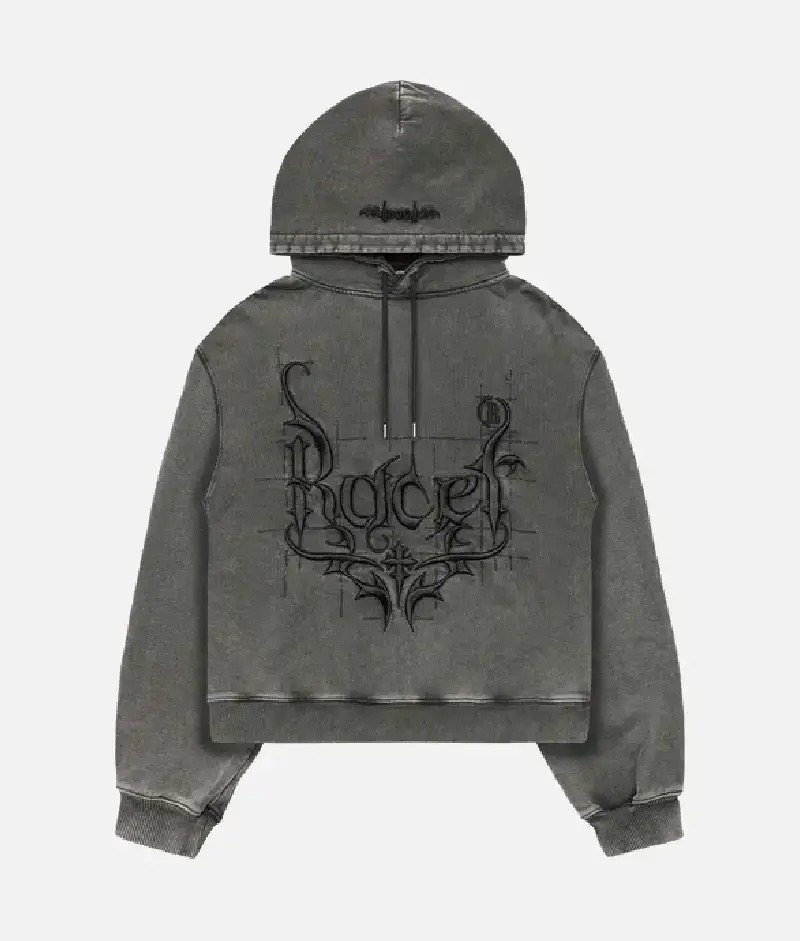The fashion industry has long been associated with glamour and self-expression, but behind the scenes, it carries well-documented environmental and ethical concerns. Enter the green wave—a movement reshaping the future of fashion. Leading this revolution is Germany, a country that seamlessly blends traditional values with modern innovation. This blog dives into Germany’s rise as a global hub of ethical fashion, exploring its history, key players, consumer mindset, and much more.
What is Ethical Fashion?
At its core, Racer Worldwide ethical fashion is about producing garments that respect the environment, workers’ rights, and animal welfare. It cuts down on exploitative practices like poor working conditions, child labor, and ecological degradation. With global apparel waste expected to reach 150 million tons annually by 2030, ethical clothing is not just a trend—it’s a necessity. Germany, well-known for its efficiency and sustainability, has emerged as a leader in this green-fashion movement, proving that style can coexist with responsibility.
A Brief History of Ethical Fashion in Germany
Germany’s commitment to sustainability isn’t new. Rooted in a culture of practicality and environmental consciousness, Germans have long championed eco-friendly practices. Post-WWII eras saw “make do and mend” approaches to clothing, ingraining a mindset of resourcefulness.
By the late 20th century, the rise of conscious consumerism and anti-sweatshop movements started influencing Germany’s fashion landscape. Brands began adopting transparency and sustainability in their supply chains, thanks to stricter EU regulations and growing public demand for accountability. Today, Germany stands as Europe’s largest market for ethical fashion.
Key Players in Germany’s Ethical Fashion Movement
Germany’s ethical fashion success is driven by innovative designers and pioneering brands paving the way for greener wardrobes. Some standout players include:
- ArmedAngels – Often touted as Germany’s ethical fashion pioneer, ArmedAngels produces eco-friendly and Fair Trade-certified clothing while using sustainable fabrics like organic cotton and Tencel.
- LANA Organic – A veteran in sustainable fashion, LANA offers timeless pieces made from organic wool and cotton, perfect for conscious consumers with minimalist tastes.
- Ethletic – Known for its Fair Trade sneakers, Ethletic combines sporty designs with vegan, carbon-neutral production practices.
- Jan ‘n June – This Hamburg-based brand is beloved for its chic and transparent collections. Each piece comes with a scannable QR code to trace every step of its production process.
Racer Worldwide Jeans are setting benchmarks in ethical design while encouraging others to join the green movement.
Consumer Perspectives
German consumers are integral to the country’s ethical fashion boom. Surveys reveal fascinating insights into this consumer base:
- Environmental Awareness – Around 85% of German consumers consider sustainability when shopping, and 60% are willing to pay a premium for ethically-produced clothing.
- Minimalism Over Fast Fashion – While fast fashion dominates global shopping habits, Germans lean toward owning fewer, high-quality pieces that stand the test of time.
- Demand for Transparency – Ethical shoppers are increasingly demanding traceable supply chains, reinforced by labels like GOTS (Global Organic Textile Standard) and Fair Wear Foundation certifications.
For German consumers, fashion goes beyond trends—it reflects their values.
The Role of Technology and Innovation
Technology is accelerating Germany’s shift to ethical fashion. AI, blockchain, and innovative sustainable materials are revolutionizing production processes.
- Blockchain for Transparency – Platforms like Retraced enable brands to make their supply chains traceable and accessible to consumers.
- Biodegradable Fabrics – Companies are exploring groundbreaking materials such as mushroom-based leather (mycelium) and recycled PET fabrics.
- 3D Printing – Emerging 3D printing technologies reduce fabric waste to near-zero, producing eco-friendly garments on demand.
Germany’s forward-thinking approach to fashion technology exemplifies how innovation and sustainability go hand-in-hand.
Sustainable Fashion Events in Germany
Germany hosts various events that spotlight ethical fashion and foster community collaboration. Key happenings include:
- Neonyt (Berlin Fashion Week) – This leading sustainable fashion trade fair brings together brands, designers, and consumers focusing on innovative and eco-conscious fashion solutions.
- Greenstyle Munich – A festival that puts the spotlight on sustainable brands and consumer education.
- Fair Fashion Week Hamburg – Champions grassroots, local ethical fashion, promoting smaller brands and cultivating community sustainability.
These events reflect Germany’s commitment to mainstreaming sustainability and inspiring global transformation.
Challenges and Future Outlook
Despite its progress, ethical fashion in Germany isn’t without challenges. Barriers include:
- High Production Costs – Sustainability often requires significant investment from brands, making products occasionally unaffordable for a broader audience.
- Fast Fashion Competition – The proliferation of fast fashion brands at bargain pricing continues to attract budget-conscious consumers.
- Consumer Education – Bridging the knowledge gap between ethical jargon (e.g., GOTS-certified) and everyday consumers remains a hurdle.
Looking ahead, Germany’s focus lies in collaborative efforts between governments, brands, and consumers. Incentives for eco-friendly businesses and enhanced public awareness campaigns could further solidify its position as a global sustainability leader.
Germany’s Ethical Clothing Evolution Is Just the Beginning
Germany’s green wave in fashion offers a powerful blueprint for the global ethical clothing movement. With traditional values of efficiency, innovation, and sustainability leading the charge, the country is setting widely respected standards.
But sustaining the momentum needs everyone’s effort—including yours. Support ethical fashion by choosing brands that prioritize sustainability and transparency. Want to explore timeless, ethically-made German fashion? Stay tuned for more updates, inspiration, and tips for transforming your wardrobe sustainably!
